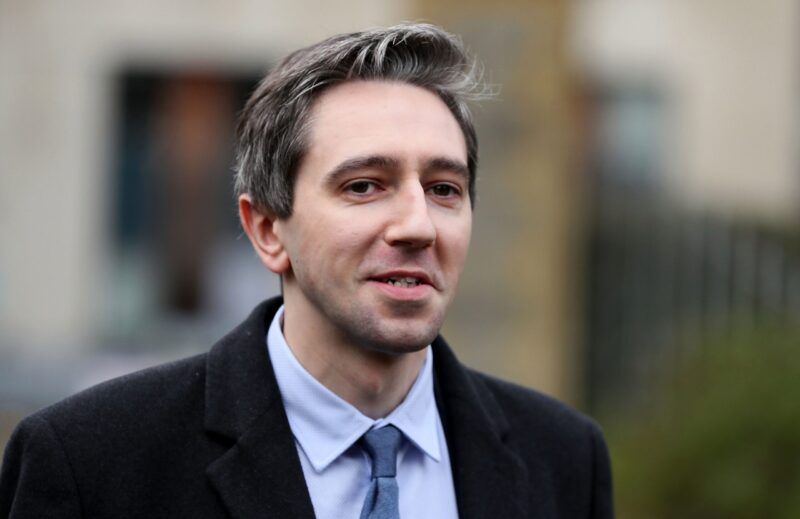Minister for Higher Education Simon Harris today promised a “bright new era for research in Ireland”, saying that Ireland’s recent achievements in research funding should “only make us more ambitious”.
Harris made the comments at an online National European Research Council (ERC) Support and Information Forum, a two-day collaborative conference organised by Enterprise Ireland, Science Foundation Ireland (SFI) and the Irish Research Council (IRC).
Irish and European leaders and scientists convened in the virtual forum to discuss Ireland’s past success in research and funding through the European Research Council (ERC).
Featuring 27 speakers and over 850 registered attendees, the free event aims to educate Irish researchers on the process of earning an ERC grant and the importance of that funding for advancing Ireland’s international reputation.
At the conference, Harris also highlighted the 75 successful Irish applications to major ERC schemes since 2013.
Ireland far surpassed the government’s funding goal of €100-125 million over that time frame and total ERC funding under Horizon 2020 currently stands just under €140 million.
Harris’ commitment to research and innovation was welcomed by participating scientists, including Trinity’s Prof Luke O’Neill, one of the world’s leading immunologists and a recipient of two ERC Advanced grants, the most prestigious grants offered by the council.
“That’s the spirit of the ERC, a truly crazy idea,” said O’Neill, citing examples from his own work and famous biologists before him.
Garrett Murray, the Irish director for the ERC’s parent funding body Horizon 2020, opened the conference, stating Ireland’s mission to win as much funding as possible under Horizon 2020 and the upcoming Horizon Europe scheme.
“Ireland has some of the best research brains in Europe, and the Irish ERC success to date is a testament to that,” said Murray.
Trinity professor and two-time ERC Advanced grantee Prof Dan Bradley also gave his tips on writing a quality grant application and reflected on the value of ERC funding.
“I’ve seen EU funding transform Irish science,” said Bradley. Trinity researchers alone have been awarded €82 million in funding from the ERC since its inception, and Trinity is home to the only six-time ERC grant recipient, Prof Valeria Nicolosi.
Two researchers from Trinity, Dr Claire Gillan and Dr Allesandro Lunghi, have this year secured funding of up to €3 million from the ERC, and a study led by Prof Mohamed Ahmed on Arabic and Jewish poetry is also going ahead based on funding from a previous round.
With so much frontier research in Ireland funded by the ERC, today’s conference organizers and speakers expressed concern over the proposed budget cuts to the upcoming research and innovation framework in Horizon Europe, which will dictate the ERC’s funding from 2021-2027.
Chair of the IRC Prof Jane Ohlmeyer pointed out that the budgets for Horizon Europe are being finalized this month, stating “we need to continue to lobby at the EU level for more funding for research and innovation.”
She added that the participation of Minister Simon Harris and Interim President of the ERC Jean-Pierre Bourguignon in the conference underscores the prestige of the ERC and the desire to harness the talent in Ireland under Horizon 2020.
Both Nicolosi and Bourguignon will speak at the conference tomorrow. Bourguignon has previously expressed his dismay over the cuts to research and innovation under the new EU budget.
“That’s not only dramatic and detrimental – it is also very surprising these days when the world is in the middle of a pandemic – a crisis that has made it crystal-clear that science is more crucial than ever, also to be prepared for future challenges”, said Bourguignon.







